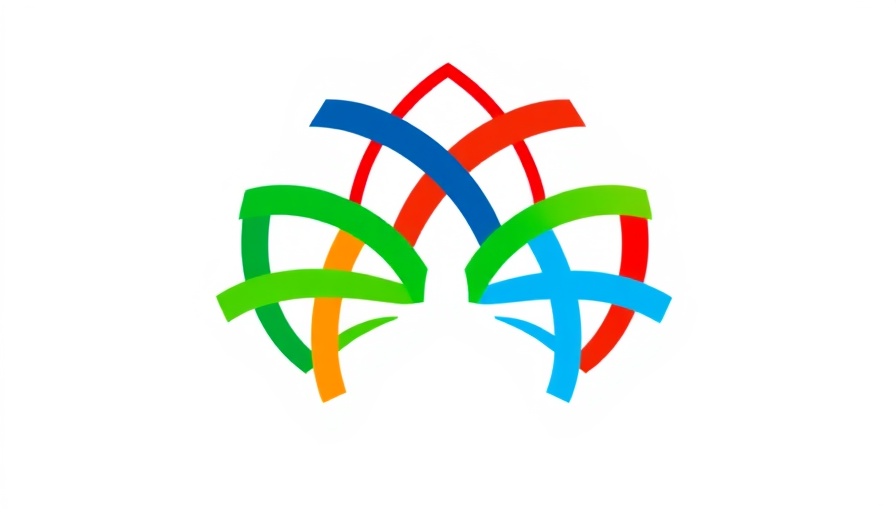
Ethiopian Officials Sound Alarm on Regional Security
In a striking diplomatic move, Ethiopia's Foreign Minister Gedion Timothewos has brought international attention to the escalating tensions in the Horn of Africa. In a letter to U.S. Secretary of State Marco A. Rubio, he accused Eritrea of collaborating with a faction of the Tigray People’s Liberation Front (TPLF) and other armed groups in preparation for a significant military offensive coinciding with the onset of the rainy season. This revelation casts a shadow over the already strained relations between the two nations, highlighting a return to hostilities that many hoped were consigned to history.
Historical Context: A Fragile Peace
The recent accusations come after a series of diplomatic efforts aimed at easing tensions post-2018, when Eritrea and Ethiopia ended years of hostilities through the Joint Declaration of Peace and Friendship. Gedion's letter underscores Ethiopia's commitment to peaceful negotiations, despite persistent hostilities surrounding the Tigray conflict. However, relations have soured since Eritrean forces participated alongside Ethiopian troops in the Tigray war, becoming embroiled in allegations of severe human rights abuses. This unusual coalition has now turned hostile, causing concern over regional stability.
Strategic Implications for Global Trade
For investors and business leaders keen on Africa's economic landscape, these developments indicate potential challenges to regional trade dynamics. Ethiopia’s desire for peaceful access to the sea stands in stark contrast to its reported military readiness, signaling a precarious balancing act between diplomacy and defense. As Ethiopia strives to mitigate territorial disputes, the implications for access to critical trade routes could have cascading effects on the African economy and its integration into global markets.
Resilience and Future Predictions for Ethiopia
Ethiopian Prime Minister Abiy Ahmed has publicly downplayed the likelihood of conflict, stating the nation’s preference for peaceful negotiations to attain sea access. This message is crucial for stability in the region and signposts a broad appeal to the international community to diplomatically engage with the Eritrean regime. Future predictions indicate that with Ethiopia's large economy and military capabilities, it holds a robust position to defend its interests while seeking regional cooperation. Yet, the underlying tensions echo the complexities of geopolitics in Africa—a factor critical for global observers.
Call for International Diplomacy
The Ethiopian government’s plea to international stakeholders underscores an urgent need for diplomatic intervention. Gedion’s warning highlights a deteriorating situation, demanding immediate international attention to prevent further descent into conflict. As Ethiopia seeks reassurance from both regional allies and global players, fostering dialogue rather than escalation appears imperative to maintain peace in this strategically vital region.
Now is the time for policymakers and global investors to align their strategies with the evolving situation in the Horn of Africa, ensuring that the narrative shifts from one of potential conflict to collaboration and growth.
 Add Row
Add Row  Add
Add 


Write A Comment